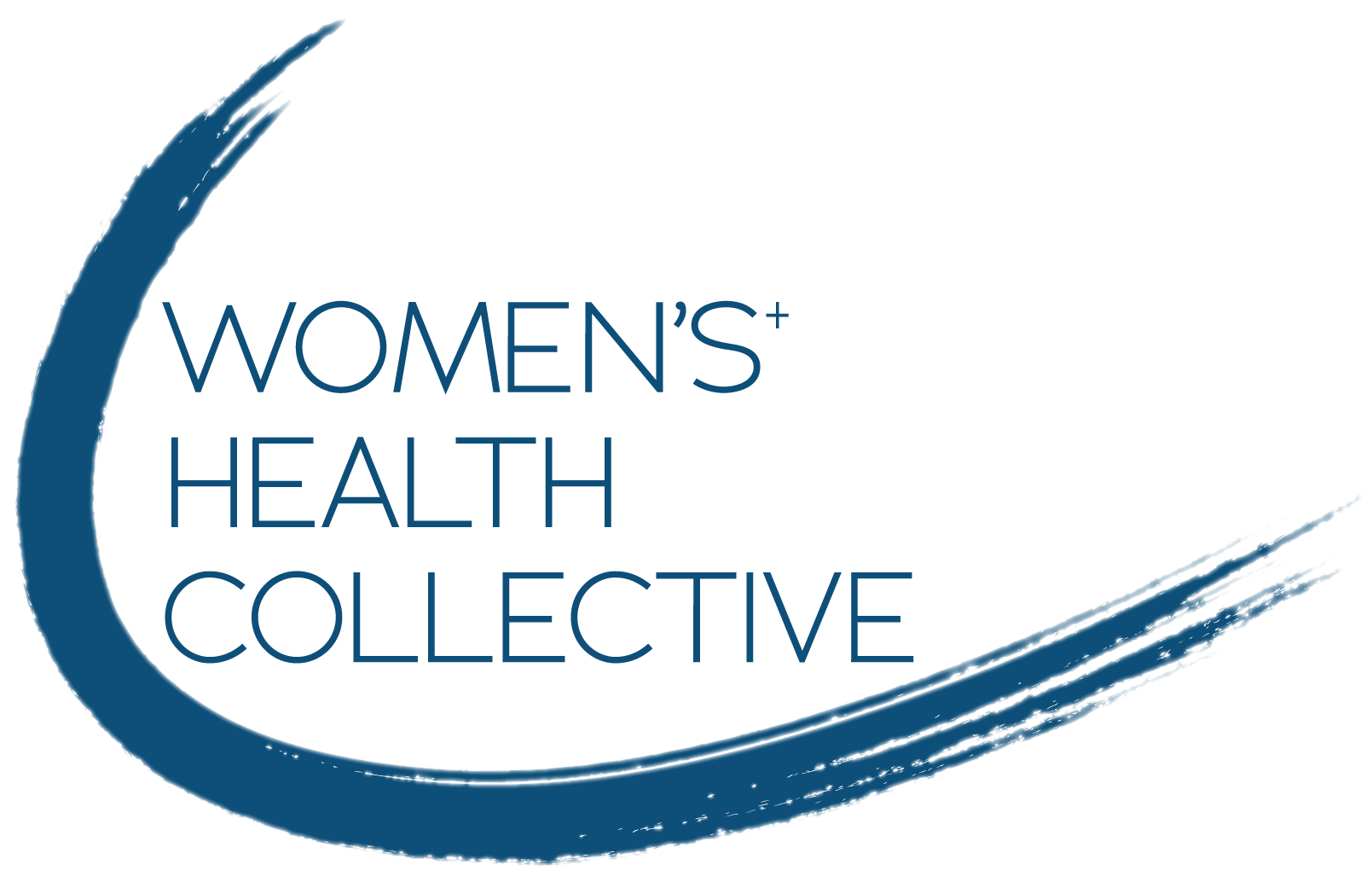COVID-19 Vaccines & Women’s Health
Image Credits: United Nations Population Fund East & Southern Africa
Over the past year, scientific reviews and evidence-based facts about COVID-19, vaccines, and human health have been misconstrued as opinions and been offered up for debates. The lives lost to the echo-chamber that often becomes of this distrust of science is unquantifiable and unfortunate. Though the mRNA-based COVID-19 vaccines have been proved to be safe, effective, and limited in their side effects, I agree the decision of whether or not to get the vaccine is a personal and important one. But I also believe that Americans deserve evidence-based facts on which to base their decision of whether to get their vaccine. Below is some information about the COVID-19 vaccine’s impact (or lack thereof in some cases) on periods, fertility and mammograms to aid you in this decision.
Periods: You may experience irregularities, but it shouldn’t be a cause for concern.
Many of us have heard about/experienced pandemic periods - irregular periods triggered by possible increased estrogen levels and stress from the pandemic. But irregular periods from the COVID-19 vaccine are also a very real short-term side effect that individuals have noted - though not one specifically unique to the COVID-19 vaccine. It’s not common for menstrual irregularities to be readily noted/reported in scientific literature with vaccine trails, but past vaccines such as the HPV vaccine have been noted to cause brief irregularities. As for why the COVID-19 vaccine specifically causes menstrual irregularities, this could either be rooted in stress and accompanying elevated stress hormones from receiving the vaccine or from the fact that the endometrium plays a role in maintaining the uterine microenvironment and therefore responds to the immune response the vaccine mounts. OB/GYN Dr. Jen Gunter also postulates that toll-like receptors (which act like immune system alarms), mast cells (mediators of inflammatory response), and nitric oxide could play a role in irregular periods from vaccines.
Fertility & Pregnancy: The vaccine has not been shown to affect fertility.
The data shows that COVID-19 does not affect fertility and there is no biological mechanism that experts postulate for this to happen. This myth is founded in the fact that syncytin-1 (a protein) is present in both the placenta and COVID-19 virus leading to conclusions that the COVID-19 vaccine could attack the placenta. However, the human immune system does not rely on simply this one protein to identify Sars-Cov-2. In reproductive endocrinologist Dr. Hsu’s words, this would "be like you mistaking an elephant for an alley cat because they’re both gray...There is one small similarity, but...your immune system is way too smart to be confused by that.”
Current data also shows the COVID-19 vaccine does not result in adverse birth outcomes or cause miscarriage and spontaneous abortion. Data also shows miscarriage rates (12.6%) among vaccinated people are similar to general miscarriage rates (10-26%). Additionally, 9.4% of babies were born preterm and 3.2% were small for their gestational age, both of which fall into general population ranges of 8-15% and 3.2% respectively.
Mammograms: You might want to wait 4-8 weeks after your last dose before scheduling one.
Vaccines such as the COVID-19 vaccine can often lead to swollen lymph nodes. This is not an abnormal side effect and simply indicates that the body is mounting an immune response. In fact, 11.6% and 16.0% of people respectively had swollen lymph nodes in their armpit after their first and second Moderna vaccine. Swollen lymph nodes in the armpits due to the COVID-19 vaccine or cancer are indistinguishable from each other on a mammogram. However, vaccine-related swelling usually decreases within 4-8 weeks while malignancy-related swelling will not subside as quickly. This is why it’s advisable to wait at least 4 weeks, according to Board Certified OB/GYN Dr. Jen Gunter, before receiving a mammogram after a vaccine.


